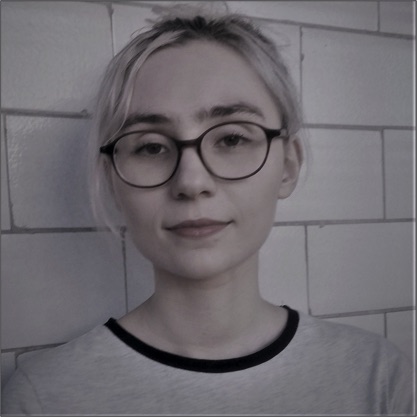
Catarina Baltazar received her Master’s Degree in Electrical and Computers Engineering from Faculty of Engineering of University of Porto in 2020. Her dissertation was carried out in collaboration with SYSTEC concerning production optimization in an Industry 4.0 context. Her current interests include decision support systems and prognostics and health management techniques.
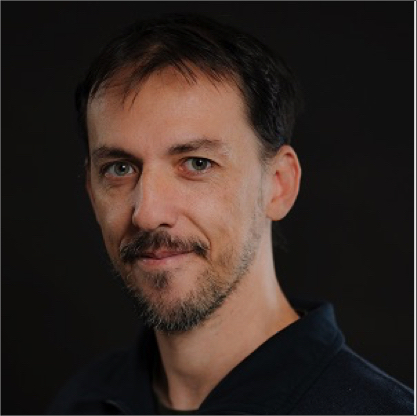
Peter Bednár, PhD, is a senior researcher at the Faculty of Electrical Engineering and Informatics, Technical University of Kosice, Slovakia. He was awarded a PhD in Artificial Intelligence at the Faculty of Electrical Engineering and Informatics of the Technical University of Kosice in 2010. His experiences are tightly connected with research in knowledge management, text and data mining, natural language processing and distributed software architectures for Big Data processing. He has participated in several EU R&D projects, e.g. H2020 Monsoon, Picaso, FP7 Urban Sensing, Adapt4EE, SPIKE, FP6 Access e-Gov, KP-Lab, FP5 Webocracy.
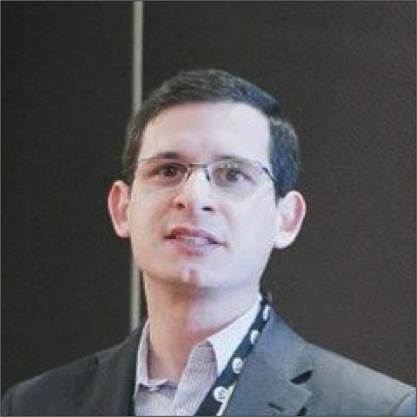
Passionate about cybersecurity, IoT and identity management, Paul-Emmanuel Brun, is expert in IoT system security, and leading the innovation activities within AIRBUS CyberSecurity France. As a former security and identity management engineer, he was involved in several European initiatives and contributes to several projects for the French MoD, from secure architecture definition to integration of cybersecurity solution. After applying several patents linked to the cybersecurity of IT and IoT systems, he is now focus on innovation and IoT system security.
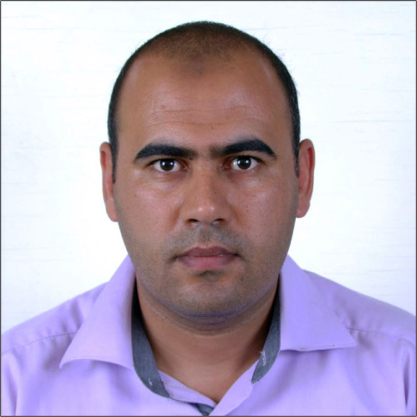
Dr. Salim Chehida is a PhD in computer science since 2017 from University of Oran 1 in Algeria. Since 2018, he is a researcher at University of Grenoble Alpes in France. His research interests include Software Engineering, Verification and Validation of Software Systems, Semi-formal and Formal Specification Methods (UML, B, etc.), Model Driven Engineering , Runtime Verification, Information Systems Security, IoT, CPS, etc.
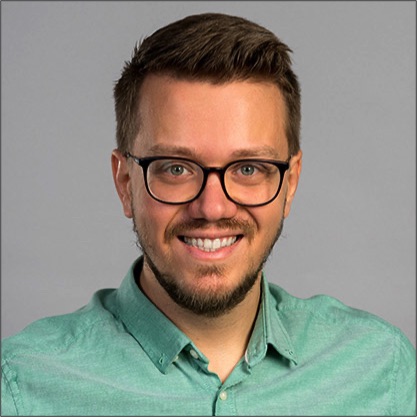
Géza Kulcsár is a senior researcher at IncQuery Labs, a Budapest-based R&D specializing in systems engineering. He holds a PhD in computer science from the Technical University of Darmstadt, Germany. His research interests range from the semantics of model transformation to industrial practices in the conceptual modeling of large-scale systems.
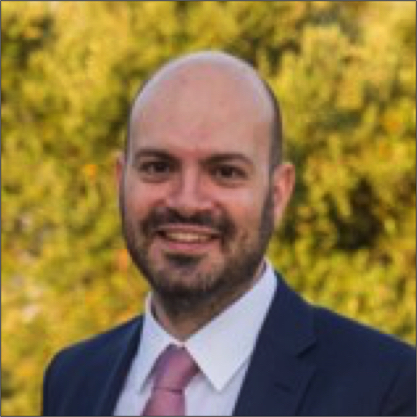
Konstantinos Loupos (M), Head of R&D Program, holds an MBA (Hellenic Open University, GR), M.Sc. in Microelectronics Systems Design (University of Southampton, UK) with distinction and M.Eng. in Electronic and Electrical Engineering (University of Manchester, UK). He has extensive experience in embedded systems and sensors and microelectronics systems, security systems, IoT technologies and Cybersecurity. His research interests and activities range in Sensors and Systems for Structural Health Monitoring (tunnels, structures, bridges etc), Robotics for Civil Infrastructure Inspection, Security Systems (sensors and communications), Water Demand Management, Monitoring and Leakage Detection, Fiber-Optic Monitoring Systems, Wireless Sensor Networks and Communication Systems and Application Specific Embedded Systems. Konstantinos Loupos has actively and successfully participated in a series (more than 35, in the last 19 years) of EC co-funded projects (FP5, FP6, FP7, H2020, MED, GSRT and other) in the areas of SEC, IST, ICT, SME, NMP, COOP, MED, CBC-MED and TRANSPORT, with significant positions of responsibility (Project Coordinator, Technical Manager, Leader of Development teams etc). He has more than 65 publications in Conference proceedings, Journals and book chapters. He is serving as a formal evaluator (expert) of EC projects in various topics of FP7, H2020, EUKERA/EUROSTARS and MED programmes. Konstantinos Loupos is a certified PMP, Scrum, GDPR expert (Certified DPO), member of EUROPOL EC3 cyber security group and European Cybercrime Center, member of the Secure Platform for Accredited Cybercrime Experts (SPACE), member in the EUROPOL Data Protection Experts Netwrok (EDEN) and active member of the Alliance for Internet of Things Innovation (AIOTI). Currently Konstantinos Loupos is involved into several research projects such as: CHARIOT (coordination), ICONET (coordination), PROFILE (ethics expert and DPO) and PILOTING (partner).
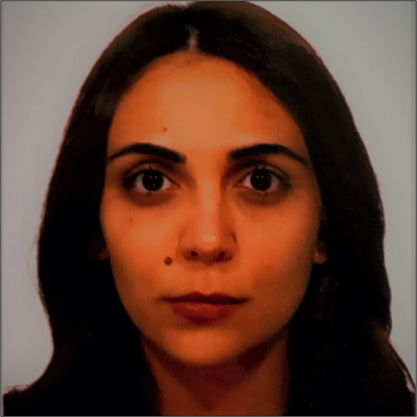
Francesca Marcello is currently a Ph.D. student in Electronic and Information Engineering at the Department of Electrical
and Electronic Engineering, University of Cagliari. She was awarded with the Master Degree in Telecommunication Engineering
with full marks in 2019 at the University of Cagliari.
Her research interests are expecially related to Internet of Things, Smart Buildings and Human Behaviour Analysis. Her activity
is mainly involved in human behaviour recognition and prediction inside buildings for energy and comfort management systems.
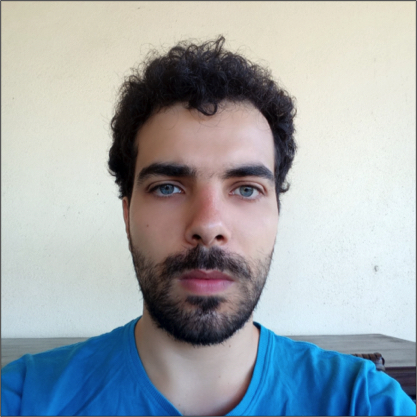
Enthusiastic of Internet of Things, Machine Learning, and Data Analytics, Eliseu Moura Pereira is a researcher at the Research Center for Systems & Technologies (SYSTEC) hosted in the Faculty of Engineering, University of Porto (FEUP). He received an M.Sc. in Electrical and Computers Engineering degree from FEUP in 2018 and is a Ph.D. candidate in Informatics Engineering since 2019. He is currently involved in several projects related to Smart Manufacturing, applying concepts of interoperability, reconfiguration, and analytics to Cyber-Physical Production Systems.
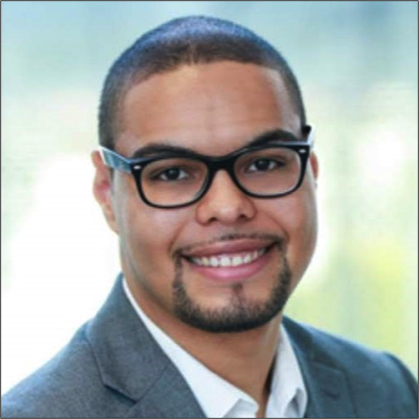
Kevin Olotu is a senior software engineer at Bosch.IO. As project lead of the Eclipse Vorto project, his work focuses on semantic modelling approaches for IoT solutions and their integration into different platforms and use cases. His further interests include software engineering, IoT and the Java ecosystem.
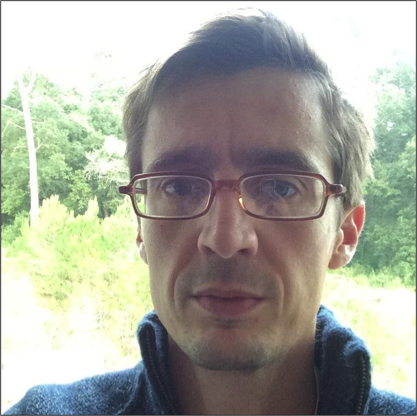
Henrik Plate is a senior researcher at SAP Security Research [1, 2, 3, 4]. He received his MSc in Computer Science and Business Administration in 1999 from the University of Mannheim. His current research focusses on the security of software supply chains, esp. the use of open source components with known vulnerabilities and supply chain attacks. He is a co-author of Eclipse Steady [5], which supports the detection, assessment and mitigation of vulnerable open source dependencies in Java and Python applications.
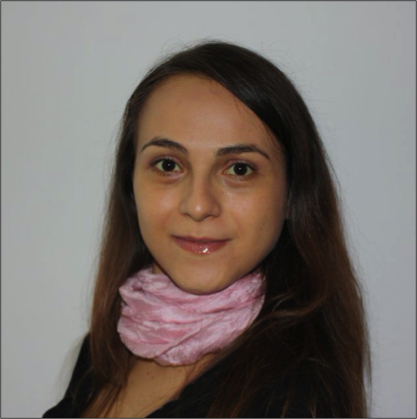
Rosaria Rossini (female) received the M.Sc. degree in computer science from the Università di Torino, Turin, Italy, in 2010. In 2011 she started to work as Ph.D. student in the Computer Science Department, Università di Torino, where received her PhD in January 2015. She currently works as a senior researcher in the IoT and Pervasive Technologies (IPT) research area in LINKS FOUNDATION and she has been involved in several international projects financed by EU as well as Regional projects.
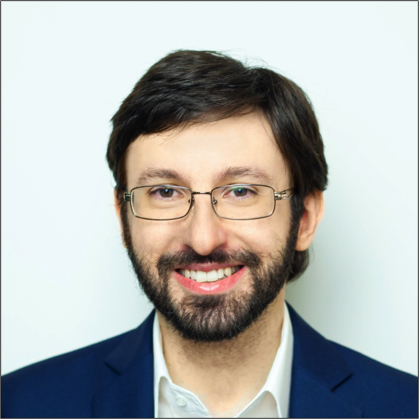
Simone is Research Fellow at Istituto Italiano per la Privacy e la Valorizzazione dei Dati (IIP), Cybersecurity Specialist at ICT Cyber Consulting (ICTCC) and Chief Information Security Officer at both ICTCC and ICT Legal Consulting (ICTLC). He has always been passionate about science and technology and has a background in physics and computer systems administration. He is specialised in the design and management of cybersecurity and personal data protection and has obtained the qualifications as Auditor/Lead Auditor for ISO/IEC 27001:2013 and ISO 22301:2019. Simone speaks Italian, English and French.
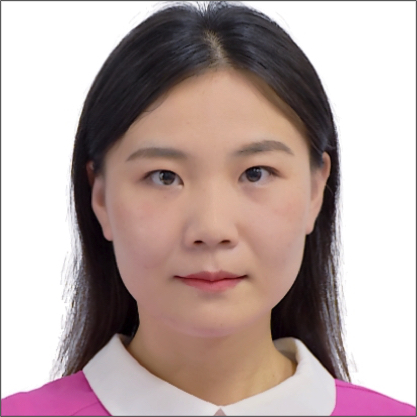
Xu Tao received her Bachelor Degree in Computer Engineering from Politecnico di Torino as an exchange student in October 2015, then she continued her education path here and, in April 2018, she received the master’s degree in Computer Engineering at the Politecnico di Torino with a master thesis entitled “A Policy-Based Architecture for Container Migration in Software Defined infrastructures“, carried out at Saint Louis University in USA . From March to April 2017, she did an internship as a software developer at Seica (Turin, Italy), a global supplier of automatic test equipment and selective soldering systems. During this experience, she was evolved in the Software Group, where she contributed to develop a cloud bridge for Automation Smart Home System. Since May 2018 she joined LINKS as a researcher of the IoT and Pervasive Technologies Area, participate in the EU 2020 project BRAIN-IoT, focusing on heterogeneous IoT scenarios where instances of IoT architectures can be built dynamically combining and federating a distributed set of IoT services, IoT platforms and other enabling functionalities made available in marketplaces and accessible by means of open and standard IoT APIs and protocols. Her research interests are Cloud/Edge Computing, Intelligent Distributed Systems, Interoperability in IoT.
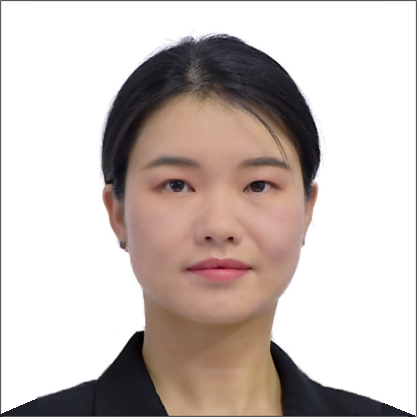
Rui Zhao received the Bachelor’s degree in Computer Engineering in October 2015 and Master’s degree in Computer Engineering in April 2018
at the Politecnico di Torino with a master thesis entitled “A framework for Virtual Network Functions(VNF) modeling and Service Graph verification
in SDN/Cloud context”.
Since May 2018 she joined LINKS Foundation as a researcher in the IoT & Pervasive Technologies Area, where she is involved in the CPSwarm EU project
until April 2020 for the distributed orchestrated simulation and optimization environment of collaborative heterogeneous Cyber-physical systems (CPS)
using Kubernetes technology. Since May 2020 she participates in the EU 2020 BRAIN-IoT project, focusing on enabling the interoperability between the
Robotics domain and other heterogeneous IoT platforms in a dynamically distributed and federated environment.
Her research interests are focused on Distributed Intelligence, Machine Learning, Virtual Network, and Cloud Computing.